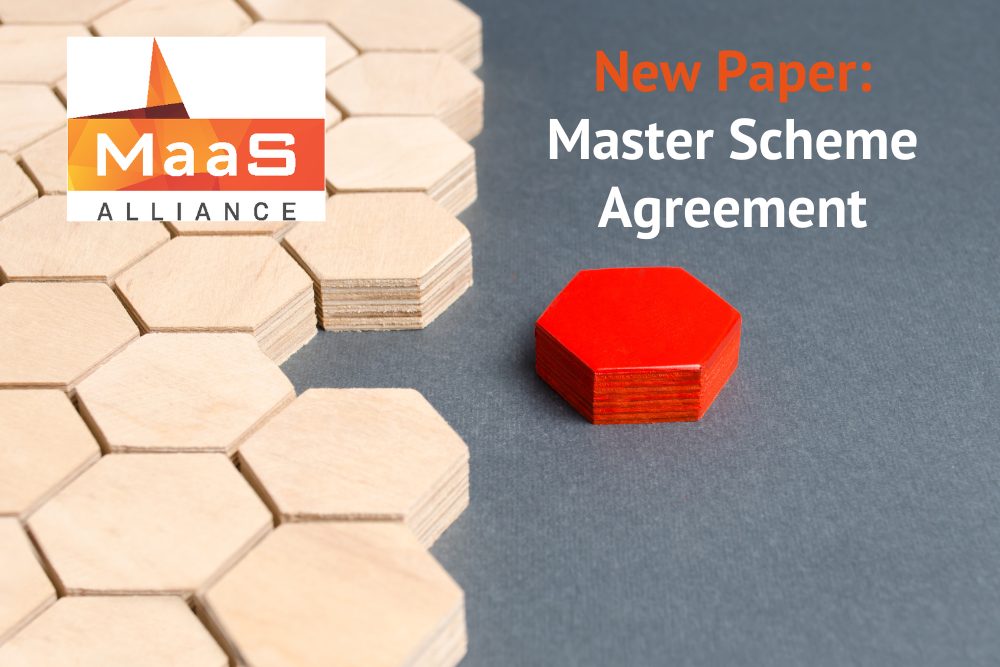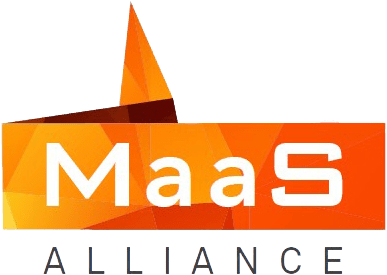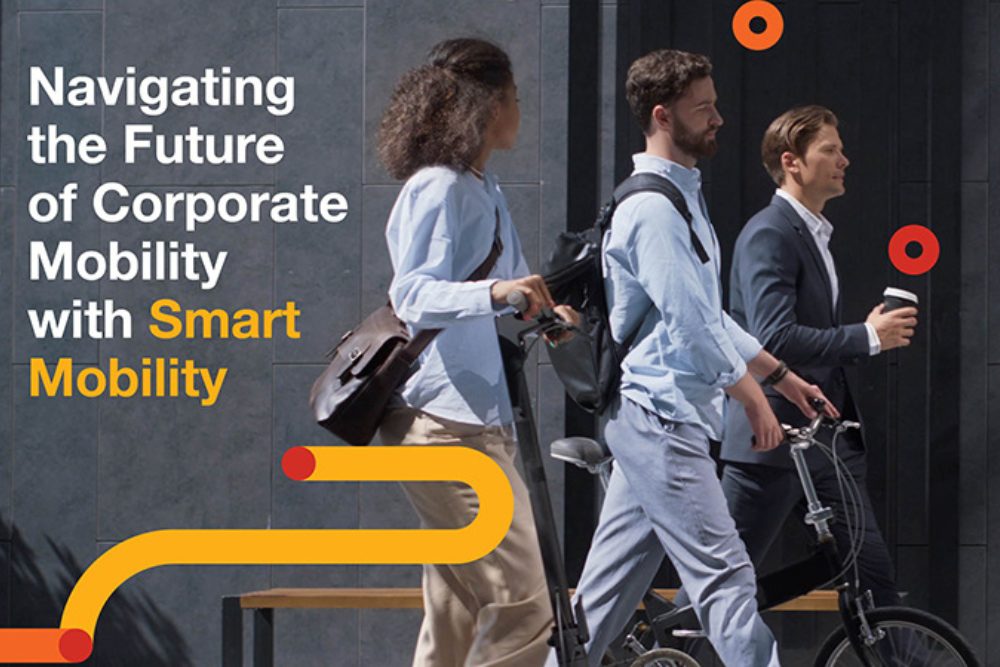
Mobility as a Service (‘MaaS’) provides a new approach to travel as an all-inclusive experience, providing customers with a seamless mechanism for planning, booking, paying for, and being supported during and after, travel across a broad range of mobility options.
For this to be realised multiple organisations, ranging from regulators and local government transport authorities through to transport operators, mobility services providers, and – potentially – financial services providers, will need to collaborate and establish technical, operational, financial, and commercial interfaces.
Such arrangements are not new, and multiple examples of special purpose vehicles and schemes exist worldwide to support multi-operator (and multi-modal) ticketing. These schemes are, however, complex to establish and commonly require significant effort and time to be expended before agreements can be reached between counterparties.
A MaaS scheme shares many attributes with traditional multi-operator ticketing schemes, but extends these both in terms of the number and variety of counterparties involved, and the type of products and services provided to customers.
This document, developed by the MaaS Alliance’s Governance and Business Models (G&B) working group, provides a template for a Master Scheme Agreement, together with associated guidance and case studies. Its aim is to accelerate the establishment of MaaS schemes in regions around the world by providing a baseline which can be built upon and tailored for an individual scheme’s context.
You can download the full paper here.
Lead Author: Ben Foulser, KPMG
Contributors: Zeinah Mugdadi, Uber; Jaap de Bie, Smart Ticketing Alliance; Geert Vanbeveren, Siemens Mobility; Paul Scott, Department of Transport and Main Roads of Queensland



